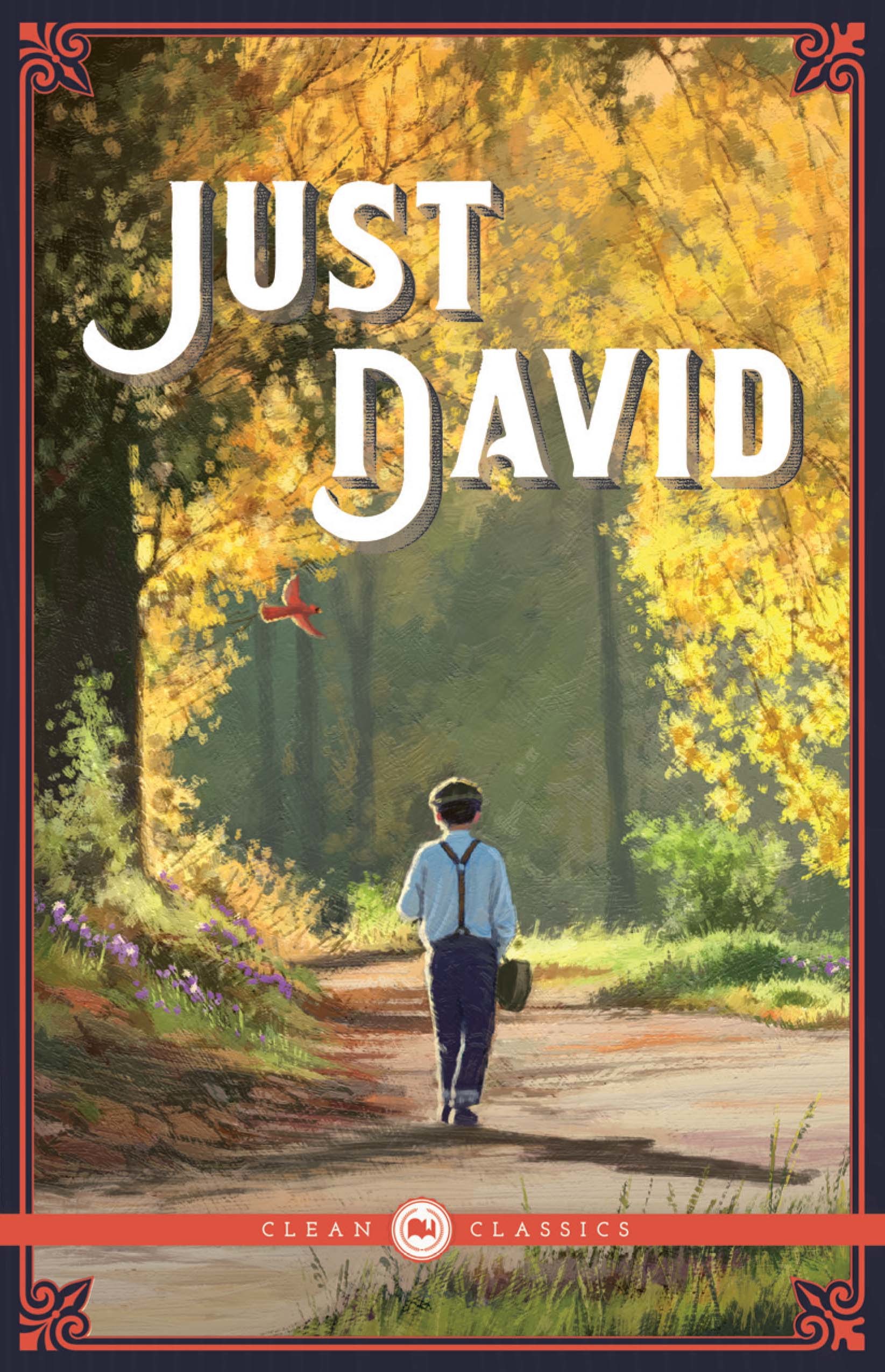Discords
byDiscords begins as a swirl of tension settles over the village, sparked by the sudden death of an unfamiliar man in Farmer Holly’s barn. The villagers, puzzled by the presence of the stranger and his peculiar son, are quick to label them as vagabonds. Yet there is something odd in how the boy speaks and behaves—too refined to be ordinary, too serene to fit the mold of hardship. David, unaware of the funeral plans for his father, remains absorbed in the words of a final letter left behind. In it, he is told to embrace the world’s beauty and wait patiently for reunion in a distant, peaceful realm. This perspective, built entirely on trust and harmony, contrasts sharply with the cold stares and assumptions of those around him. The boy is viewed not just as an orphan but as a mystery—one that seems oddly self-contained and content despite his loss.
The Holly household, meanwhile, grapples with what to do about the boy left in their care. Mrs. Holly, moved by David’s gentle presence and fragile situation, wishes to keep him at least for a time. Her husband, Simeon, is far less convinced. He sees no value in David’s talk of music and flowers, dismissing them as idle distractions. To Simeon, usefulness is defined through labor—tasks that produce results. He sets David a test: fill the woodbox, a simple enough job, but a symbolic line drawn between practicality and the intangible world David clings to. The boy accepts the task but quickly drifts into nature’s embrace, his attention captured by a butterfly’s wings and the colors blooming in a flowerbed. Inspired, he lifts his violin and begins to play.
Music, to David, is more than sound—it is a language through which the world speaks. As he plays, his chores go undone, but his heart feels full. When Simeon finds the box empty and David lost in melody, frustration follows. The boy is scolded not for laziness but for failing to understand the value placed on effort, on “real work.” David apologizes and promises to do better, yet it’s clear he doesn’t grasp what Simeon truly wants. For David, music and chores exist in separate dimensions—one eternal and meaningful, the other rooted in necessity. That gap, wide and unmoving, mirrors the growing disconnect between child and caretaker.
Still, there is a subtle change stirring beneath the surface. Mrs. Holly, though quiet in her thoughts, watches David more intently. She senses something special, something her husband’s logic refuses to entertain. To her, the boy’s sorrow, his resilience, and his musical gift hint at a life shaped not by idleness, but by a different kind of discipline—one forged in quiet solitude and emotional richness. David, even without knowing it, offers them a new way of seeing the world. Through his music and his unguarded approach to living, he challenges the harsh lines of duty and shows that beauty, too, can be a form of labor—one that heals, uplifts, and connects.
The chapter also introduces the central metaphor of life as an orchestra. Simeon, speaking sternly, claims that every person must contribute, not merely drift on the tunes of others. David listens but reimagines the analogy. To him, every note matters, not just the ones that power machines or fill barns. A butterfly, a violin, a flower—they have their place in the orchestra too. The music he plays is not to avoid work, but to honor life, something his father taught him through experience rather than words. That quiet resistance to the utilitarian mindset sets David apart, and it’s this difference that both isolates and defines him.
In time, the household may shift. The violin, once viewed as a toy, becomes harder to ignore when it turns hard hearts soft. As the story unfolds, the dissonance between David and the world around him may yet find resolution. But in this chapter, it lingers—discordant, unresolved, and quietly aching. David’s struggle to belong in a place that doesn’t understand his rhythm lays the foundation for what lies ahead. For now, the music plays on—uncertain, hopeful, and haunting in its purity.

